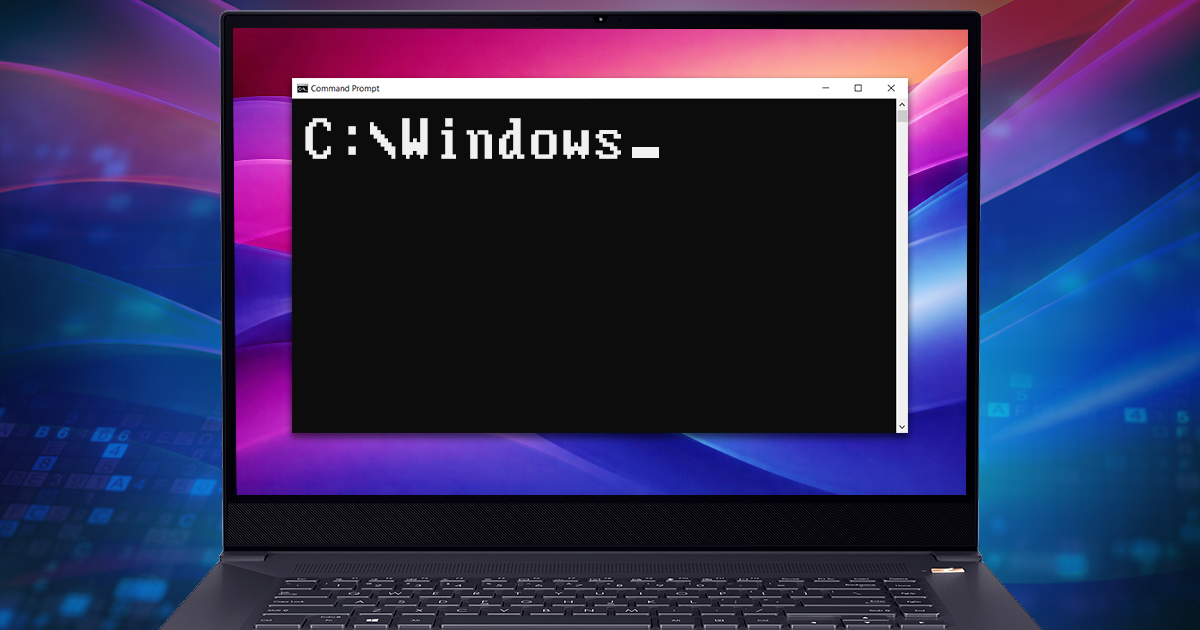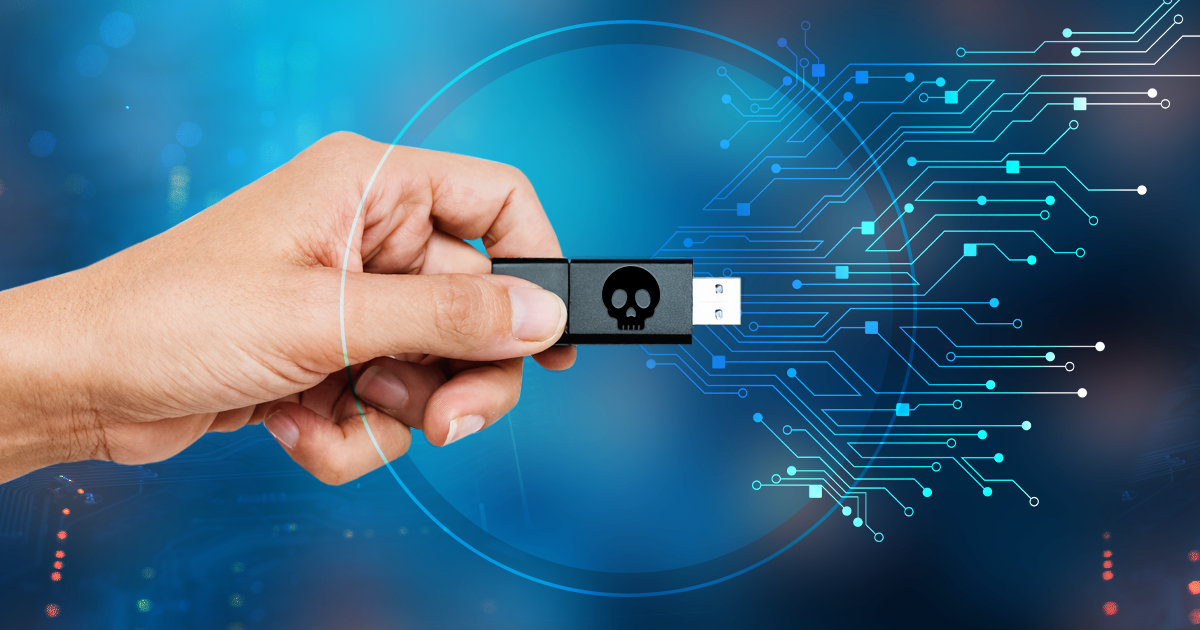Password managers or password reuse? This is the question faced by most consumers. Reusing a password or its minor variations for different accounts has never been a good idea, yet in today’s world of online everything the rate of password reuse reaches astonishing values. Using a password manager helps reduce password reuse, supposedly offering increased security. In this article, we’ll perform forensic analysis of some of the most common password managers.
Modern applications use highly secure and thus deliberately slow algorithms for verifying passwords. For this reason, the password recovery process may take a lot of time and require extreme computational resources. You can build your own powerful cluster to accelerate brute-force attacks, but if you only need to recover a password every once in a while, maintaining your own cluster may not be the best investment. Cloud services can help do a one-off job faster. For a long time, Elcomsoft Distributed Password Recovery had supported Amazon cloud services with automatic deployment on Amazon’s powerful GPU-accelerated servers. The latest update brings support for Microsoft Azure, adding the ability to automatically deploy Password Recovery Agents to virtual machines created in Microsoft Azure. In this article I will describe the deployment steps.
Why wasting time recovering passwords instead of just breaking in? Why can we crack some passwords but still have to recover the others? Not all types of protection are equal. There are multiple types of password protection, all having their legitimate use cases. In this article, we’ll explain the differences between the many types of password protection.
The first Microsoft Office product was announced back in 1988. During the past thirty years, Microsoft Office has evolved from a simple text editor to a powerful combination of desktop apps and cloud services. With more than 1.2 billion users of the desktop Office suite and over 60 million users of Office 365 cloud service, Microsoft Office files are undoubtedly the most popular tools on the market. With its backward file format compatibility, Microsoft Office has become a de-facto standard for documents interchange.
In Apple’s world, the keychain is one of the core and most secure components of macOS, iOS and its derivatives such as watchOS and tvOS. The keychain is intended to keep the user’s most valuable secrets securely protected. This includes protection for authentication tokens, encryption keys, credit card data and a lot more. End users are mostly familiar with one particular feature of the keychain: the ability to store all kinds of passwords. This includes passwords to Web sites (Safari and third-party Web browsers), mail accounts, social networks, instant messengers, bank accounts and just about everything else. Some records (such as Wi-Fi passwords) are “system-wide”, while other records can be only accessed by their respective apps. iOS 12 further develops password auto-fill, allowing users to utilize passwords they stored in Safari in many third-party apps.
Apple, EDPR, EIFT, Elcomsoft Distributed Password Recovery, Elcomsoft iOS Forensic Toolkit, Elcomsoft Phone Breaker, Elcomsoft Phone Digger, Elcomsoft Phone Viewer, EPB, EPD, iCloud, iOS, iTunes, jailbreak, keychain, Keychain Access, macOS
GPU acceleration is the thing when you need to break a password. Whether you use brute force, a dictionary of common words or a highly customized dictionary comprised of the user’s existed passwords pulled from their Web browser, extracted from their smartphone or downloaded from the cloud, sheer performance is what you need to make the job done in reasonable time.
We received some great feedback on the original article about attacking master passwords of several popular password managers. In one discussion, our benchmark numbers for 1Password were questioned. We had no choice but to re-run the benchmarks and publish an updated chart along with some technical details and explanations. We bring our apologies to AgileBits, the developers of 1Password, for letting the wrong number creep in to our benchmark. Can we still break into 1Password by attacking the master password? Please bear with us for up-to-date information and detailed technical discussion.
We’ve just updated Elcomsoft Distributed Password Recovery with the ability to break master passwords protecting encrypted vaults of the four popular password keepers: 1Password, KeePass, LastPass and Dashlane. In this article, we’ll talk about security of today’s password managers, and provide insight on what exactly we did and how to break in to encrypted vaults. (more…)
Cloud services such as Amazon EC2 can quickly deliver additional computing power on demand. Amazon’s recent introduction of the a type of EC2 Compute Units made this proposition much more attractive than ever before. With Elcomsoft Distributed Password Recovery now supporting Amazon’s new P2 instances, each with up to 16 GPU units, users can get as much speed as they need the moment they need. In this article, we’ll discuss the benefits of using cloud compute units for password recovery, and provide a step-by-step guide on how to add virtual instances to Elcomsoft Distributed Password Recovery. (more…)
According to surveys, the average English-speaking consumer maintains around 27 online accounts. Memorizing 27 unique, cryptographically secure passwords is nearly impossible for a person one could reasonably call “average”. As a result, the average person tends to reuse passwords, which means that a single password (or its simple variations) can be used to protect multiple online accounts and services. The same passwords are very likely to be chosen to protect access to offline resources such as encrypted archives and documents. In fact, several independent researches published between 2012 and 2016 suggest that between 59 and 61 per cent of consumers reuse passwords.


